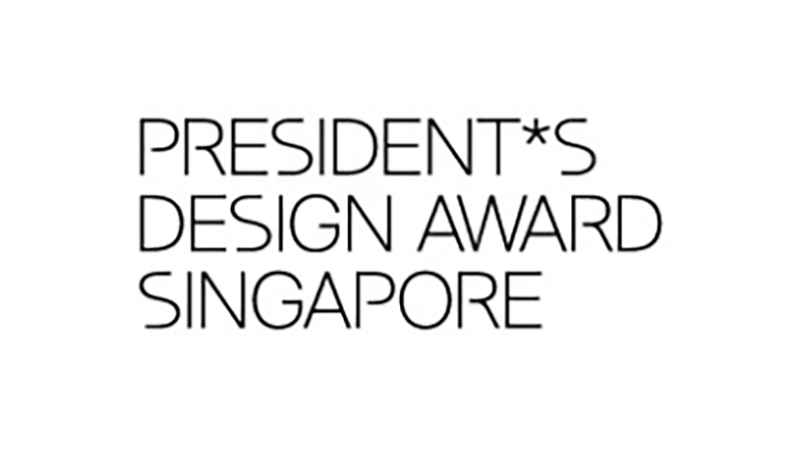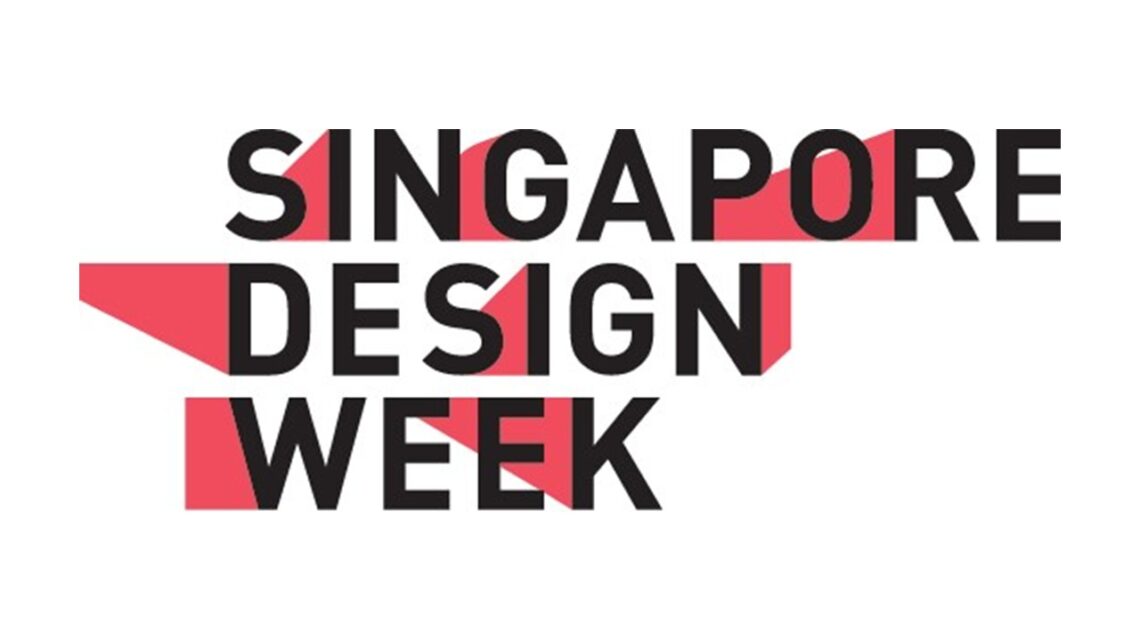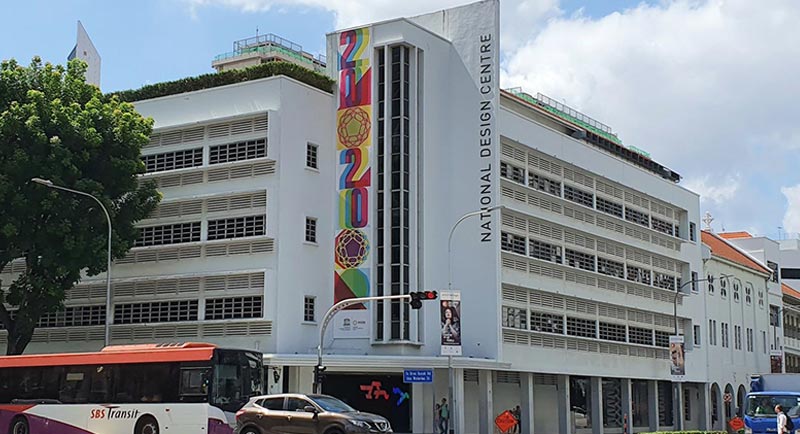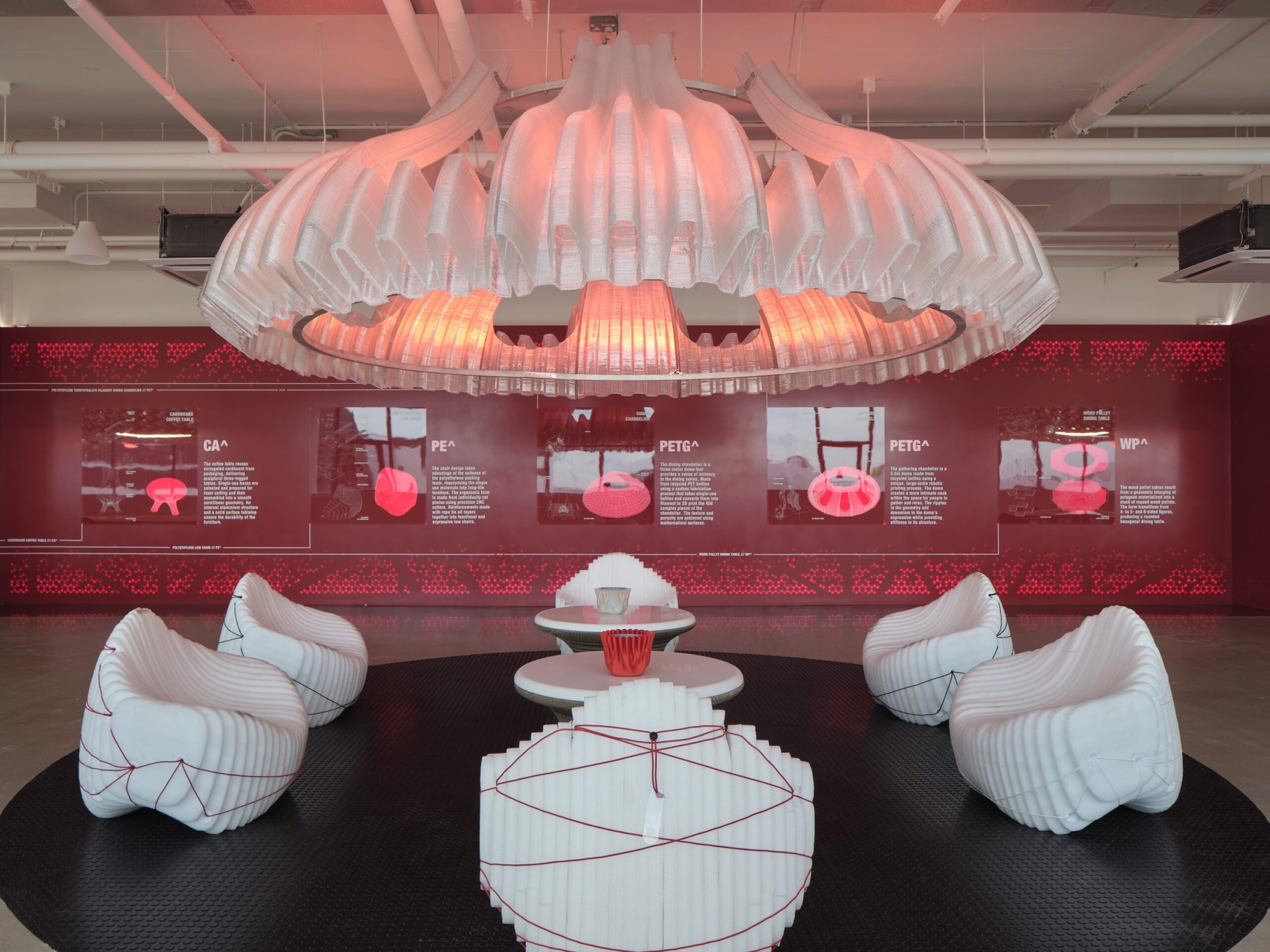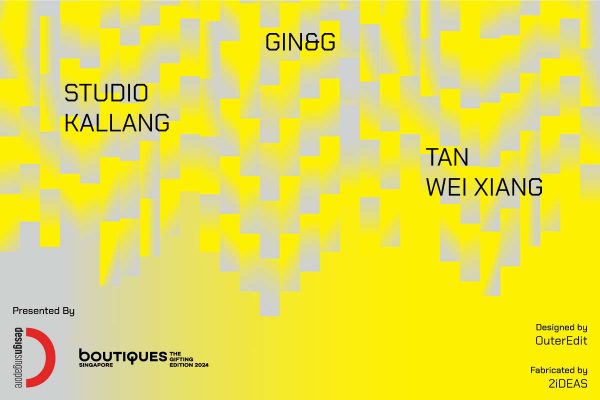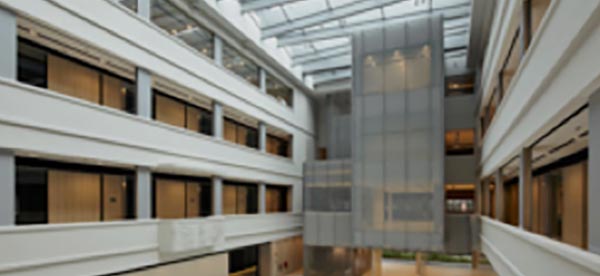Details
The exhibition Circular Futures next gen takes place at a crucial moment in history, as the world faces unprecedented environmental, social, and political challenges. One of the most pressing issues of our time is plastic waste, which threatens not only the natural world but also human health and the very fabric of society. From polluting the oceans and endangering marine life, to contributing to climate change and exacerbating social inequality, the problem of plastic waste demands urgent action.
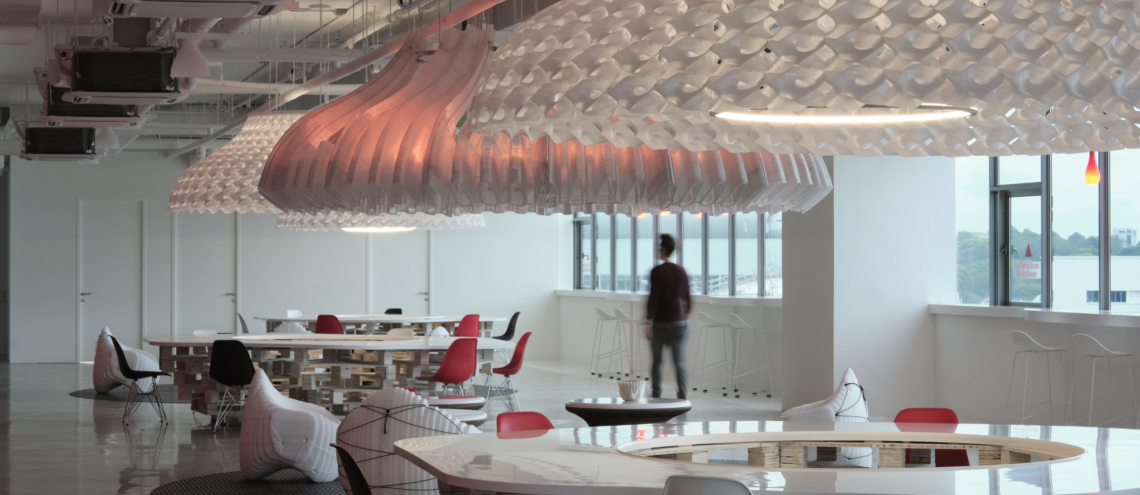
Against this backdrop, Circular Futures Next Gen presents a hopeful vision of a future in which digital design and manufacturing techniques can play a crucial role in addressing this problem. The exhibition is divided into two sections, each focusing on different aspects of the intersection between digital design, manufacturing, and sustainability.
The exhibition, created by AIRLAB (Architectural Intelligence Research Lab) led by Professor Carlos Bañón, presents physical prototypes made from more than 150kg of 3D printed upcycled plastic. Through the use of 3D printing and recycled materials, such as PET plastic made from single-use bottles, this section demonstrates the potential for designers to transform waste materials into useful and beautiful designs. The prototypes on display include floating and vertical farms that offer potential solutions to food security challenges, as well as decorative walls and furniture made from waste materials.
Within the exhibition, a VR space designed and developed by FormAxioms, offers a more speculative look at the future of design and manufacturing. This section includes a range of boards, videos, and VR demos that explore the potential for hybrid oceanic habitations and propose new geo-political and social assemblages for more sustainable forms of habitation. The videos in this section tell stories of both existing and future worlds, while the VR demos offer short glimpses into these imagined landscapes. Through this work, FormAxioms challenges traditional notions of architecture and suggests the possibility of a more community-driven, bottom-up approach to design.
Overall, the exhibition Circular Futures Next Gen curated by Artacia Art, presents a comprehensive look at the potential of digital design and manufacturing techniques in addressing the problem of plastic waste. By showcasing a range of innovative designs and speculative futures, the exhibition inspires visitors to consider the role of design in creating a more sustainable future. Through the work of AIRLAB and FormAxioms, the exhibition offers a glimpse into the possibilities of a circular economy that minimizes waste and maximizes resource efficiency, ultimately leading to a more equitable and environmentally responsible society.
www.circularfutures.sg
https://airlab.sutd.edu.sg/
Created by:
AIRLAB
In Collaboration with:
FormAxioms
Curated and Produced By:
Artacia Art
In Partnership with: SUTD, NEA, F&N Foods
Main Sponsor: DBS Bank
Sponsored by: PICO
Supported by: DesignSingapore Council and National Design Centre
Organiser
Artacia Art
Artacia is a curative studio that works with organizations to foster creativity and create social impact by connecting artists, technologists, organizations, and society.
AIRLAB
AIRLAB is a multidisciplinary Research Laboratory that works in the space between Architecture, Science, Arts, and Digital Design and Manufacturing. AIRLAB explores new technologies, materials, and workflows from ideation to fabrication, to redefine and improve how to design, build, and utilise resources with efficiency.
Contact
Name: Avantika Malhotra
Email Address: hello@artacia.com
Name: Carlos Bañón
Email Address: carlos_banon@sutd.edu.sg
